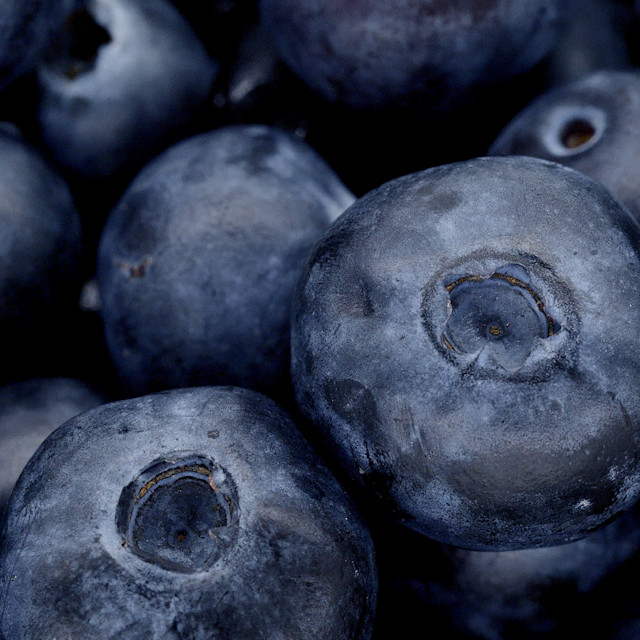We’ve all heard and likely equated the adage, “you are what you eat,” to physical health. After all, a balanced diet is hailed as the best fuel for performance and weight maintenance. But did you know there’s a direct correlation between proper nutrition and skin health?
“What we eat can have a direct impact on how we look and feel,” says Olivia Peláez, MS, IFNCP, a functional nutritionist based in Chicago. She adds, “Our skin cells renew themselves every 28 to 30 days. In addition to factors like genetics, age, and sun exposure, cellular turnover is also dependent on nutrition.”
As is the case with mental wellness, achieving healthy, glowing skin starts in the gut. If the gut microbiome, which is inhabited by both helpful and harmful bacteria, reaches a state of imbalance (known as dysbiosis), the rest of the body’s key functions (like promoting cell turnover) may follow suit. This imbalance can also manifest in the skin as inflammation, acne, dryness, and irritation.
There’s no one-size-fits-all approach to balancing the gut microbiome — all bodies and dietary restrictions are different — but when it comes to having glowing summer skin, foods that nourish you from the inside out are always a great place to start.
Glowing Foods for Skin Health
The best way to support gut health for healthy skin is through regular consumption of fiber-rich whole foods (fruits, vegetables, and legumes) and fermented foods (yogurt, kefir, sauerkraut, and kimchi).
“Our body requires an array of nutrients to serve as building blocks to create healthy, new skin cells,” says Peláez. “Key nutrients like vitamin A, selenium, and zinc are essential for healthy skin cell production.”
Among the best antioxidant-abundant fruits and vegetables, Peláez notes blueberries, red bell peppers, watermelon, and cherries as standouts. “These seasonal fruits and vegetables help combat environmental and oxidative stress, which can contribute to premature aging in the skin,” she says.
Take a closer look.
Cherries
Cherries are high in polyphenols, which help to prevent oxidative stress, vitamin C — “essential for collagen production,” shares Peláez — and potassium, which helps the skin stay hydrated.
Red Bell Peppers
Red bell peppers are high in vitamin C and lycopene, a naturally occurring carotenoid that gives this vegetable its bright red pigment and is also helpful in protecting and boosting skin health. “Lycopene helps to combat free radicals in the body,” shares Peláez. These unstable atoms can damage skin cells, thus contributing to premature aging. Think: wrinkles and fine lines.
Olive Oil
This kitchen staple not only elevates meals, but it’s also good for the skin. “Olive oil contains monounsaturated fats and antioxidants, which help maintain skin elasticity and protect against oxidative stress,” shares Peláez.
Blueberries
Featuring a lower sugar content than most fruits, blueberries contain vitamin A — “essential for skin health,” says Peláez — vitamin C, and vitamin E.
Tomatoes
Tomatoes are packed with vitamin A, vitamin C, and lycopene, to name a few of its nutrients. Peláez recommends seasoning the vegetable with extra virgin olive oil to “enhance the bioavailability of fat-soluble vitamins like vitamin A.”
Watermelon
Featuring lycopene and mostly water, this summer fruit is a must-have if “drink more water” is your goal. “Hydration is key for skin health,” says Peláez, referencing watermelon. “It helps to support digestion and keep skin hydrated.”
What to Avoid
This may come as no surprise, but steering clear of certain foods and habits can also help with achieving healthy, glowing skin. This includes limiting alcohol, which causes dehydration and can lead to a puffy, dull complexion. Excessive sugar and processed foods are also a big “no-no” according to Peláez. “They trigger inflammation and promote the breakdown of collagen,” she shares. Caffeine isn’t ruled out completely, however you may want to think twice before refilling your cup of Joe for a second or third time. “Too much of it can lead to dry, dehydrated skin,” says Peláez.
